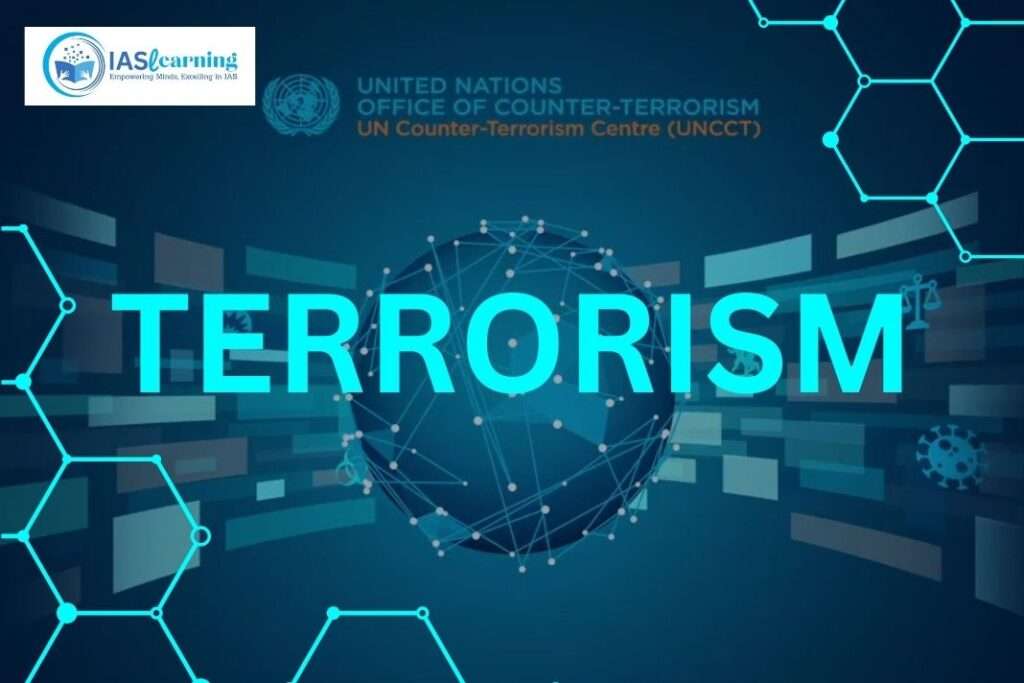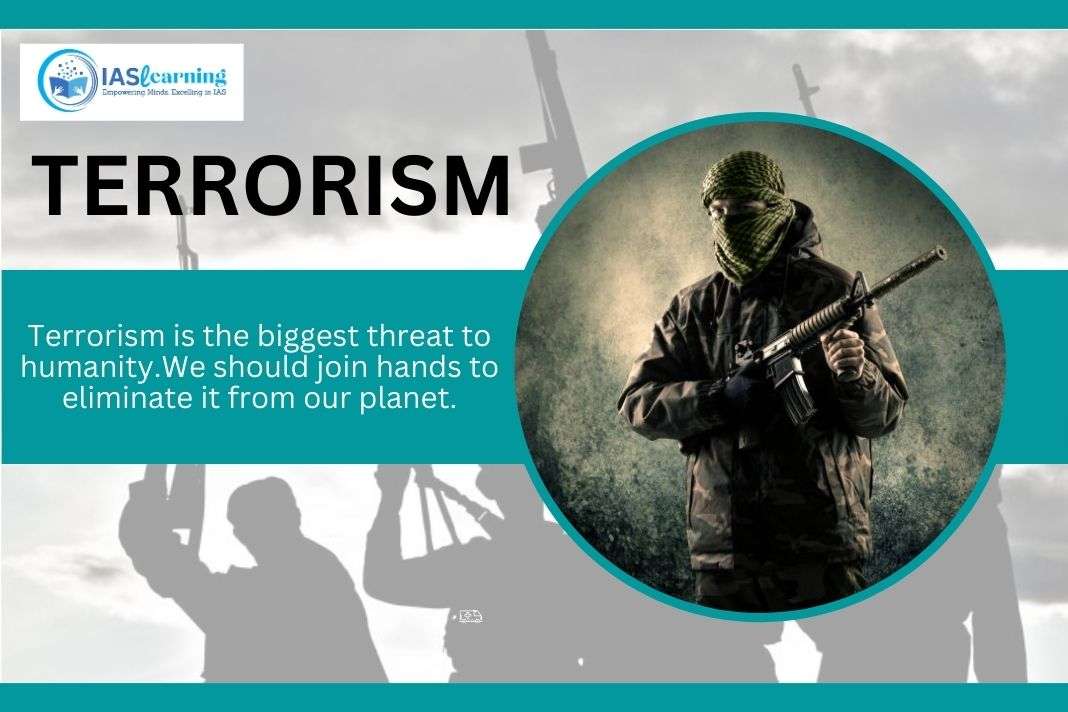Introduction:Terrorism in India
In recent years, the issue of terrorism in India has garnered significant attention, both nationally and internationally. This pressing concern has not only affected the security landscape of the country but has also had far-reaching social, economic, and political consequences. In this article, we delve deep into the multifaceted problem of terrorism in India, examining its root causes, historical context, and the measures taken to combat it. Our aim is to provide a comprehensive understanding of this issue, helping you gain valuable insights into the complex dynamics surrounding it.
Understanding Terrorism: A Historical Perspective
Terrorism in India is not a new phenomenon. It has deep historical roots that can be traced back to the pre-independence period. During the struggle for freedom from British colonial rule, India witnessed acts of terrorism aimed at overthrowing the oppressors. Post-independence, however, terrorism took on a different form with various groups and ideologies driving these acts.

Root Causes of Terrorism in India
Socio-Economic Disparities
One of the primary drivers of terrorism in India is socio-economic disparities. India’s vast population is characterized by a stark contrast between the wealthy elite and millions living in poverty. This gaping divide often leads to feelings of marginalization and despair, which can be exploited by terrorist organizations to recruit disenchanted individuals.
Religious Extremism
Religious extremism is another significant contributor to terrorism in India. The country’s diverse religious landscape has, at times, become a breeding ground for radical ideologies. The interplay of religion and politics has given rise to extremist groups that use violence to advance their agendas.
Border Disputes and Geopolitical Factors
India shares its borders with several neighboring countries, and territorial disputes have fueled tensions and, in some cases, acts of terrorism. The complex geopolitical environment in the region adds to the challenges of combating terrorism effectively.
Terrorism in India: Notable Incidents

The 2008 Mumbai Attacks
One of the most infamous acts of terrorism in India occurred in November 2008 when a group of armed militants carried out a series of coordinated attacks across Mumbai. This gruesome incident left 166 people dead and hundreds injured. It served as a stark reminder of the vulnerability of India’s cities to terrorist threats.
The Pulwama Attack
In February 2019, a suicide bombing in Pulwama, Jammu and Kashmir, claimed the lives of 40 Indian paramilitary personnel. This attack heightened tensions between India and Pakistan and underscored the persistent threat of terrorism in the region.
Counterterrorism Measures
The Indian government has implemented various counterterrorism measures to address the issue effectively. These include:
Strengthening Intelligence Agencies
India has bolstered its intelligence agencies to gather crucial information about terrorist activities and plans. Coordination among these agencies has improved to enhance national security.
Legislative Framework
The Unlawful Activities (Prevention) Act and the National Investigation Agency Act are examples of legislation aimed at combating terrorism. These laws empower authorities to take stringent action against terrorists and their supporters.
International Cooperation
India actively cooperates with other nations in the fight against terrorism. It has sought to build alliances and share intelligence to track down and apprehend terrorists operating globally.
The Way Forward
Terrorism in India is a complex and ever-evolving challenge. While significant progress has been made in addressing this issue, there is no one-size-fits-all solution. It requires a multifaceted approach that includes addressing root causes, strengthening security measures, and fostering international cooperation.
In conclusion, terrorism in India is a grave concern that demands constant vigilance and concerted efforts from both the government and society at large. By understanding its historical context, root causes, and the measures taken to combat it, we can work towards a safer and more secure future for the nation.
Read morehttps://assembly.coe.int/
Do followhttps://iaslearning.in/
